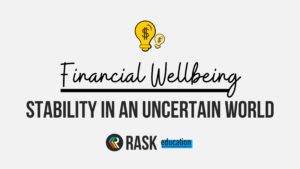This article covers the practical side of ethical investing, through the use of positive and negative filters across your investment portfolio.
So, we know that companies and investments with higher Environmental, Social, and maybe even Governance principles can offer the same or better returns compared to less ethical or ESG-focused companies.
But how do we (as direct share investors) or other investors (ETF providers, Super funds, etc) actually do it?
Positive and negative filters
One way is by using positive and negative filters.
Negative filtering is the process for avoiding investing in companies or investments according to ESG principles. So, companies that score really poorly for things such as Governance (G) or emit excessive carbon dioxide (E) can be filtered away.
By contrast, positive screening allows you to find companies or investments that you believe ‘do good’ or ‘do better’.
You can then increase your investments in these companies as a show of support for their business model and stance on ESG policies.




